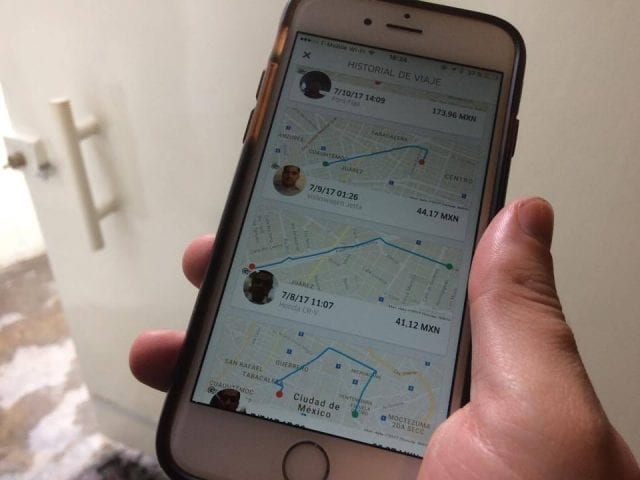In a statement, Massachusetts Attorney General Maura Healey said the coronavirus pandemic has shown how vulnerable contractors are to economic disruption.
Massachusetts has filed a lawsuit against Uber and Lyft, arguing that the rideshare companies should treat their drivers as employees rather than independent contractors.
According to The New York Times, the lawsuit was filed Tuesday by Massachusetts Attorney General Maura Healey. It makes Massachusetts the second state, after California, to take rideshare companies to court.
Uber, Lyft, and similar applications have long maintained that their drivers do not fit the necessary criteria to be considered conventional employees.
By classifying their workers as independent contractors, rideshare companies dodge responsibility for payroll tax—and, more importantly, escape the need to provide drivers with benefits such as sick leave, paid time off, and unemployment insurance.
In her lawsuit, Healey alleges that rideshare services have reaped massive profits yet still refuse to support their drivers.
“Uber and Lyft have built their billion-dollar businesses while denying their drivers basic employee protections and benefits for years,” Healey said in a statement. “This business model is unfair and exploitative. We are seeking this determination from the court because these drivers have a right to be treated fairly.”
However—as LegalReader’s reported before—suing rideshare companies is not an easy task. Several state courts have affirmed that Uber and Lyft drivers are independent contractors, because drivers, more often than not, use their own vehicles on their own time.

While many Uber and Lyft drivers work as rideshare contractors full time, they are not obliged to do so. Julie Wood, a Lyft spokesperson, said that threatening drivers’ status limits their options and has the potential to curtail workers’ independence, too.
“This lawsuit threatens to eliminate work for more than 50,000 people in Massachusetts at the worst possible time,” Wood said. “Drivers don’t want this—most drive only a few hours per week, and they have chosen to drive using Lyft precisely because of the independence it gives them to make money in their spare time.”
The New York Times notes that Healey’s lawsuit alleges labor violations under a 2004 state law. Although Massachusetts has never enforced, or attempted to enforce, its provisions against rideshare applications and other gig-economy companies, Healey says coronavirus has forced the state to reconsider its position.
“This crisis has really shown that we need to do everything possible to support these workers, especially those providing an essential service,” Healey said at a press conference.
With record-high unemployment across the country, many independent contractors have found themselves cut off from traditional safety nets, such as paid sick leave and unemployment benefits.
Felipe Martinez, an Uber driver and chairman of the Boston Independent Drivers Guild, told the Times that, no matter what rideshare companies may say, workers want to be re-classified as employees.
Martinez also said that Uber and Lyft’s control over drivers’ salaries and work patterns defies their categorization as independent contractors.
“I believed the lie. I thought I was an independent contractor with my own business, but Uber and Lyft controlled how much I got paid, where I drove,” Martinez said. “I realized I was an employee in disguise.”
Sources
Massachusetts Sues Uber and Lyft Over the Status of Drivers
Massachusetts sues Uber, Lyft over driver status as contractors


Join the conversation!